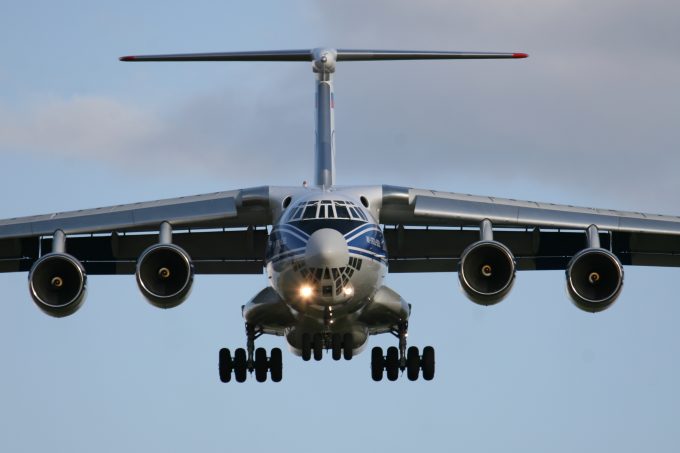News in Brief Podcast | Week 51 | Airfreight peak, management shuffles and automation impasse
In this episode of The Loadstar’s News in Brief Podcast, host and news reporter Charlotte Goldstone ...

Volga-Dnepr is to cease providing AN-124 capacity for EU and NATO states under the Strategic Airlift Interim Solution (Salis) contract it shares with Antonov Airlines.
The move comes just over a year after the Russian freighter operator announced the end of the near-decade-long Ruslan collaboration to market AN-124 capacity with Ukraine’s Antonov.
Citing French media, Kommersant reports that the cessation of operations will take effect on 1 January 2019, a move thought to be in response to western sanctions on Russian companies. Further media reports suggest ...
Volcanic disruption at Anchorage could hit transpacific airfreight operations
Shippers snap up airfreight capacity to US ahead of tariff deadline
Forwarders stay cool as US 'liberation day' tariffs threaten 'global trade war'
New price hikes may slow ocean spot rate slide – but for how long?
Tighter EU import requirements proving 'a challenge' for forwarders
Supply chain delays expected after earthquake hits Myanmar
Looming Trump tariffs will create 'a bureaucratic monster' for Customs

Comment on this article
Bob bryant
April 17, 2018 at 2:51 pmThe NATO countries should ban ALL Russian aircraft. This includes all commercial air links and all military and private aircraft.